We may earn money or products from the companies mentioned in this post. This means if you click on the link and purchase the item, I will receive a small commission at no extra cost to you ... you're just helping re-supply our family's travel fund.
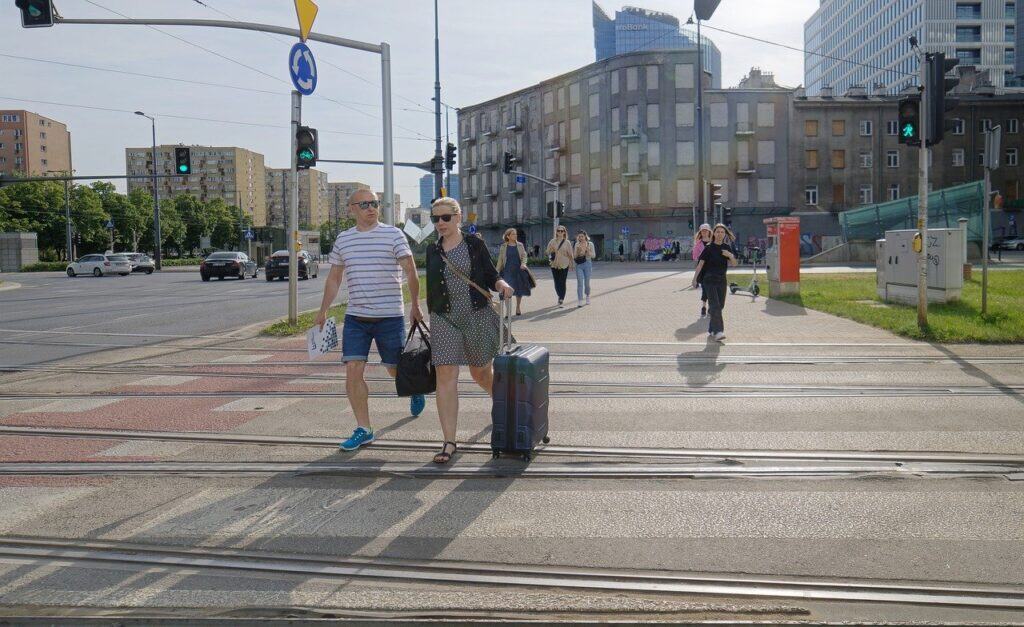
Modern travel is no longer just about destinations, it’s about experiences shaped by thoughtful design. Hotels, airports, and lounges are realizing that every visual, sensory, and functional element influences how guests feel. Studies show that design-focused upgrades can raise traveler satisfaction by up to 27% on average. From sustainability to smart tech, here are twelve modern innovations that are transforming hospitality comfort worldwide.
1. Smart Room Controls

Smart automation gives guests instant comfort and control. Through integrated panels or mobile apps, visitors can adjust lighting, curtains, and temperature effortlessly. Hotels using these systems report a 28% rise in satisfaction and 20% less energy consumption. Personalized presets like “relax” or “sleep” modes and add a touch of luxury that feels intuitive. The blend of convenience and eco-efficiency makes travelers feel empowered and cared for.
2. Acoustic Comfort Design
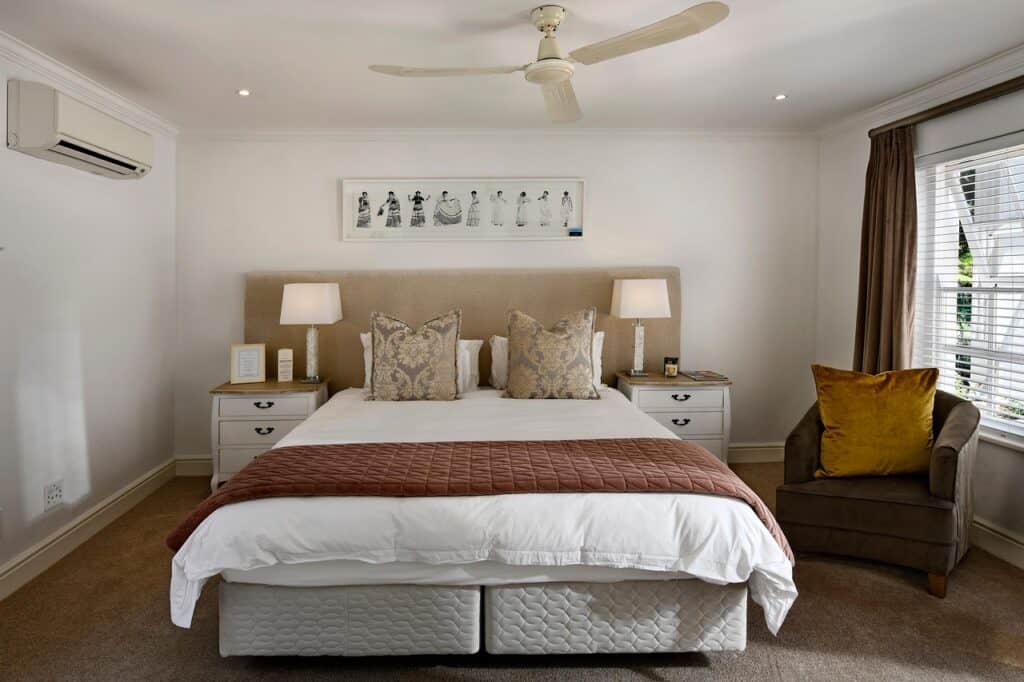
Silence is a luxury in itself. Research shows that properties reducing ambient noise below 35 decibels gain 16% higher comfort ratings. Acoustic wall panels, insulated floors, and quieter ventilation drastically cut disturbances from hallways or elevators. A calm room environment allows deeper rest, helping guests feel rejuvenated and more satisfied. For frequent travelers, quiet surroundings rank as essential as cleanliness.
3. Ergonomic Furniture Innovations
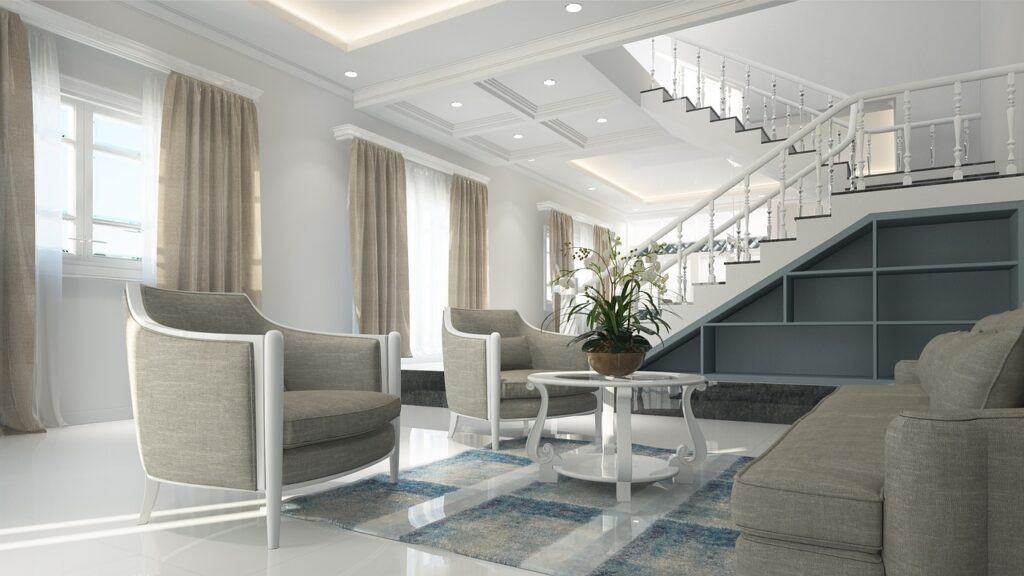
Modern travelers expect flexibility and comfort. With over 65% working remotely, ergonomic chairs and adjustable desks have become key satisfaction drivers. Marriott’s ergonomic upgrades lifted comfort ratings by 12% in six months. Soft textures, posture-friendly seating, and adaptive layouts reduce fatigue while promoting focus. Furniture that feels both functional and relaxing transforms any stay into a truly restorative experience.
4. Advanced Lighting Systems
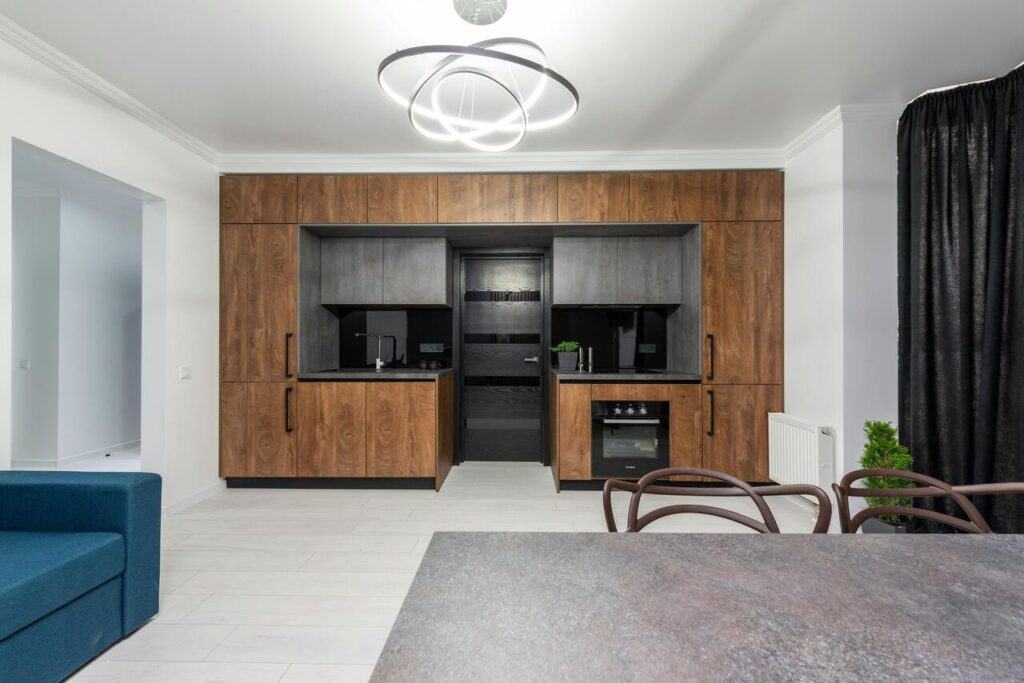
Lighting impacts mood and sleep quality more than most realize. Hotels using circadian rhythm lighting, simulating sunrise to sunset transitions, see satisfaction scores climb 22%. Adjustable brightness lets guests balance relaxation and productivity, while energy-efficient LEDs cut usage by 40%. Whether waking gently or unwinding softly, perfect lighting helps guests feel refreshed and naturally in sync during their travels.
5. Biophilic Design Elements
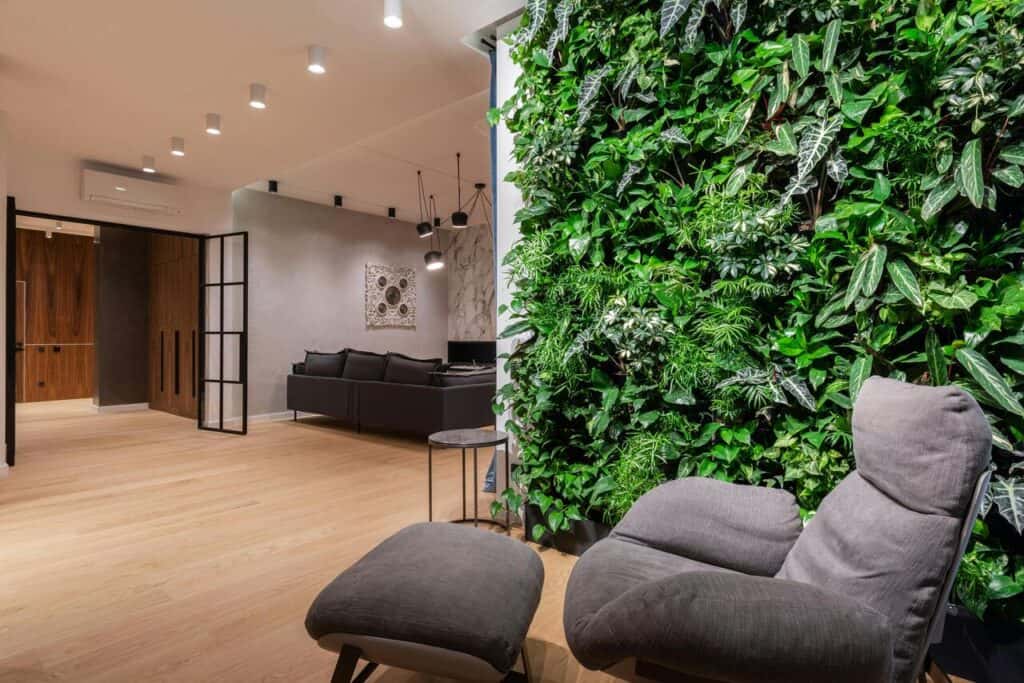
Blending nature with architecture improves emotional well-being. Hotels featuring green walls, indoor gardens, or natural wood accents record up to 25% higher satisfaction. Exposure to greenery reduces stress and enhances air quality by 30%. The visual calm of biophilic spaces reconnects travelers with the outdoors, creating balance and warmth. These elements turn modern interiors into peaceful sanctuaries of organic comfort.
6. Multi-Functional Social Spaces
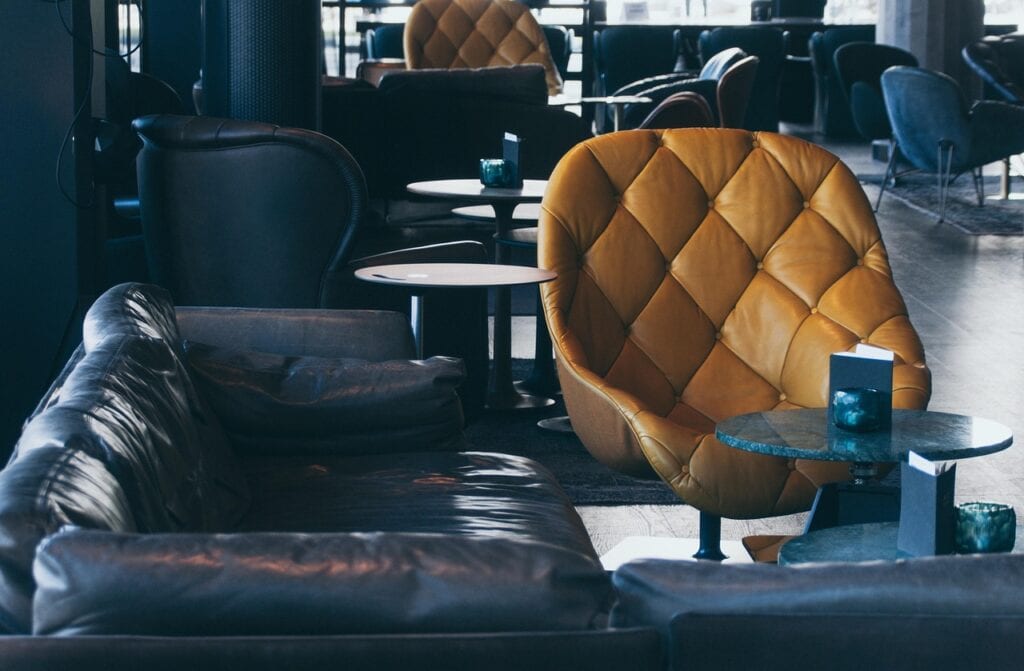
Today’s lobbies are more than waiting areas, they’re dynamic community zones. Flexible layouts with charging hubs, Wi-Fi, and modular seating increase guest dwell time by 30%. Business travelers can work comfortably while others socialize or unwind. Properties offering multi-purpose lounges report 18% higher engagement scores. This sense of openness and belonging helps turn anonymous spaces into memorable travel experiences.
7. Sustainable Material Integration
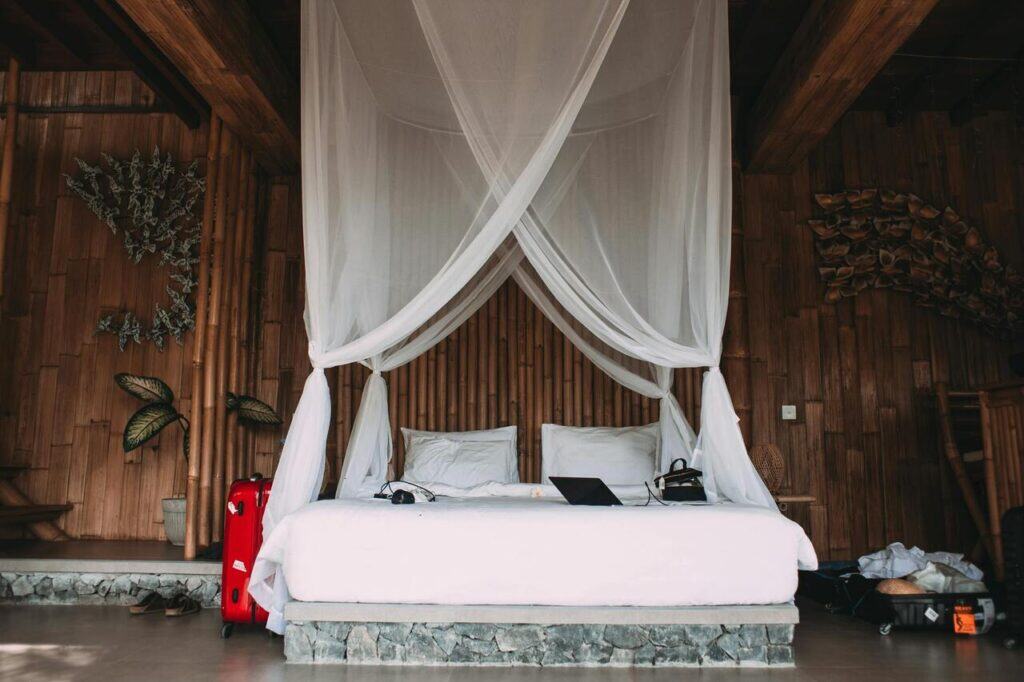
Eco-design is now central to hospitality success. Studies show that 80% of guests prefer eco-friendly spaces, boosting trust and satisfaction by 18%. Hotels using bamboo, recycled wood, and low-VOC paints achieve both lower maintenance costs and cleaner air. Solar-powered systems and energy-saving glass make sustainability visible. Guests appreciate design that looks good and feels ethically responsible at the same time.
8. Wellness-Focused Bathroom Design
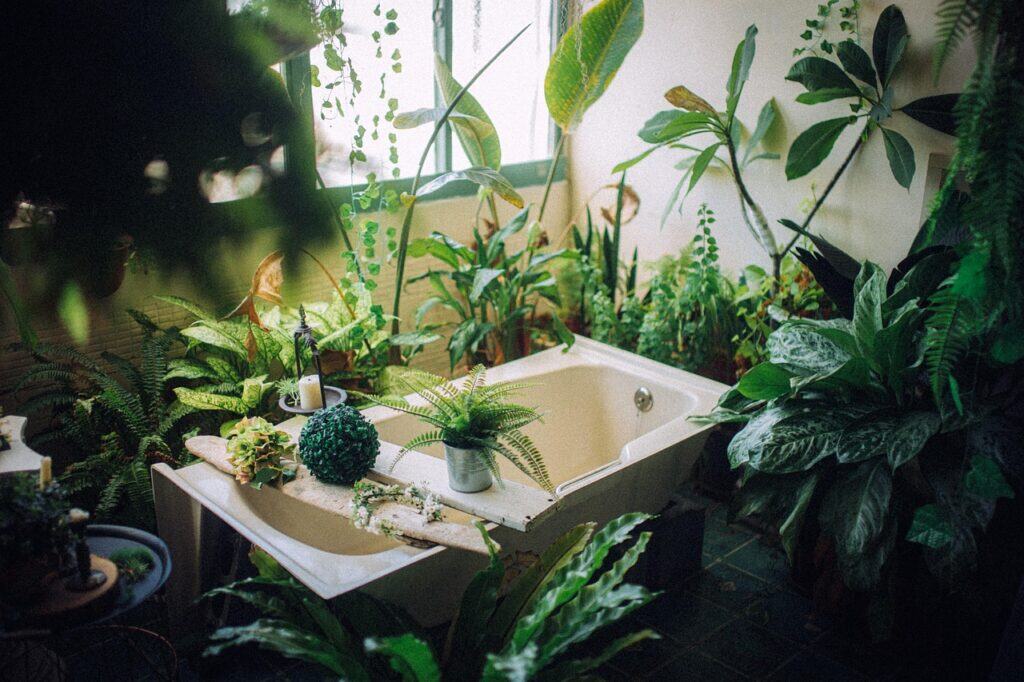
Bathrooms are becoming personal wellness zones. Rain showers, steam features, and anti-fog mirrors enhance comfort, raising satisfaction by 21%. Some properties add aromatherapy diffusers and dimmable lighting to create spa-like calm. Water-efficient fixtures save up to 35% more water annually. The result is indulgence that feels sustainable, turning daily routines into rejuvenating moments of quiet luxury.
9. Streamlined Tech Integration
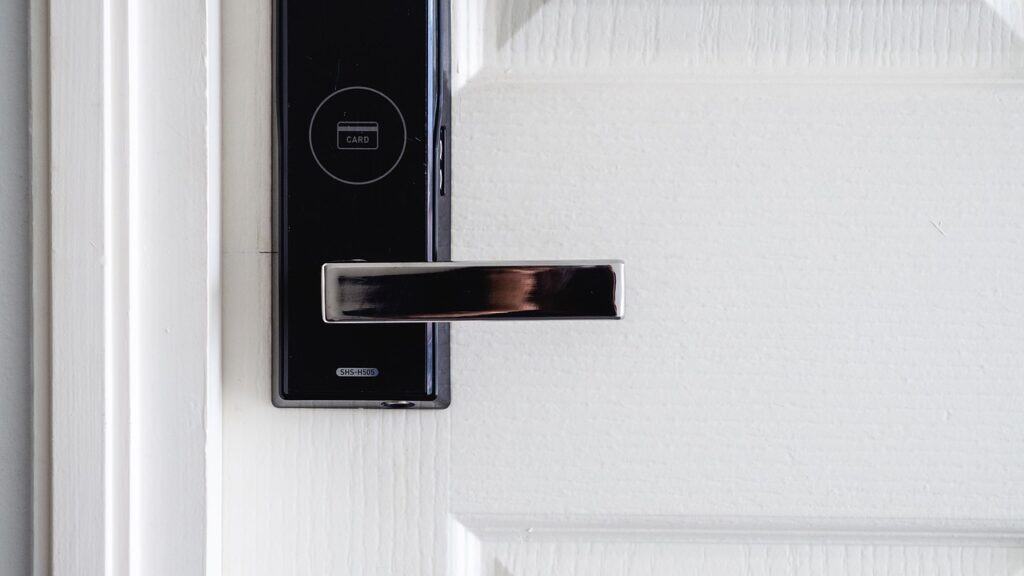
When technology works flawlessly, guests notice. Hotels offering keyless entry, fast Wi-Fi, and wireless charging see 19% higher overall satisfaction. Voice-controlled assistants simplify room settings, while AI chat systems handle quick requests. By focusing on ease over flash, modern properties eliminate frustration and enhance efficiency. Smooth digital experiences ensure that innovation feels human, not mechanical.
10. Localized Art and Cultural Expression
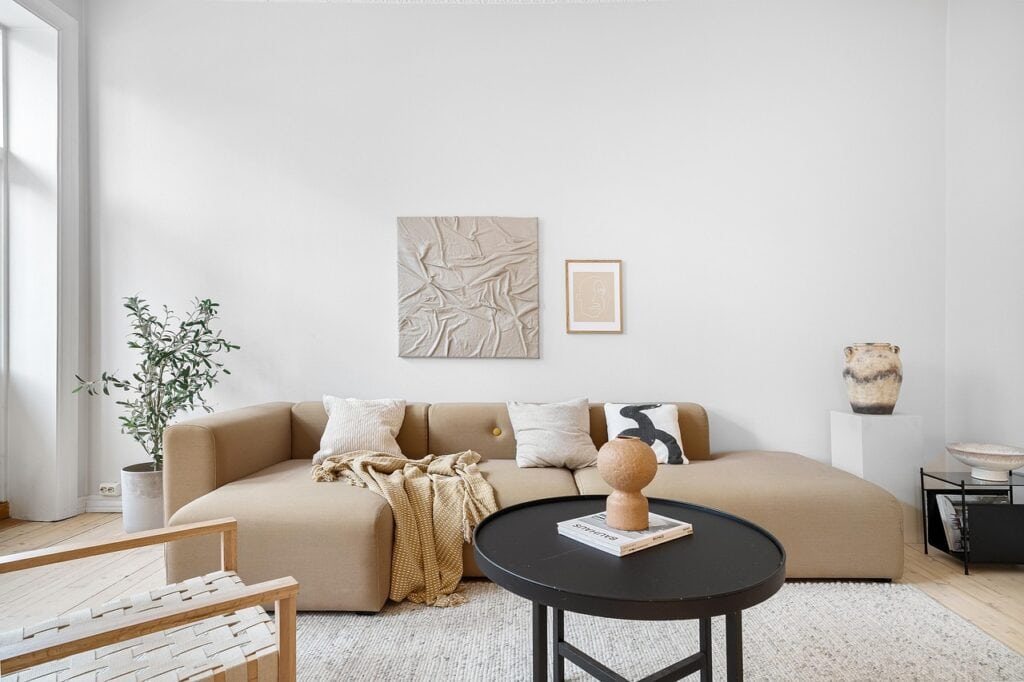
Authentic design connects travelers emotionally to place. Hotels incorporating regional art, local textiles, or native materials achieve 14% higher décor ratings. Handcrafted details tell the story of the destination, enriching atmosphere and memory. Guests value spaces that feel genuine, not corporate. This cultural integration fosters pride, curiosity, and a sense of immersion that enhances every stay.
11. Accessible and Inclusive Design
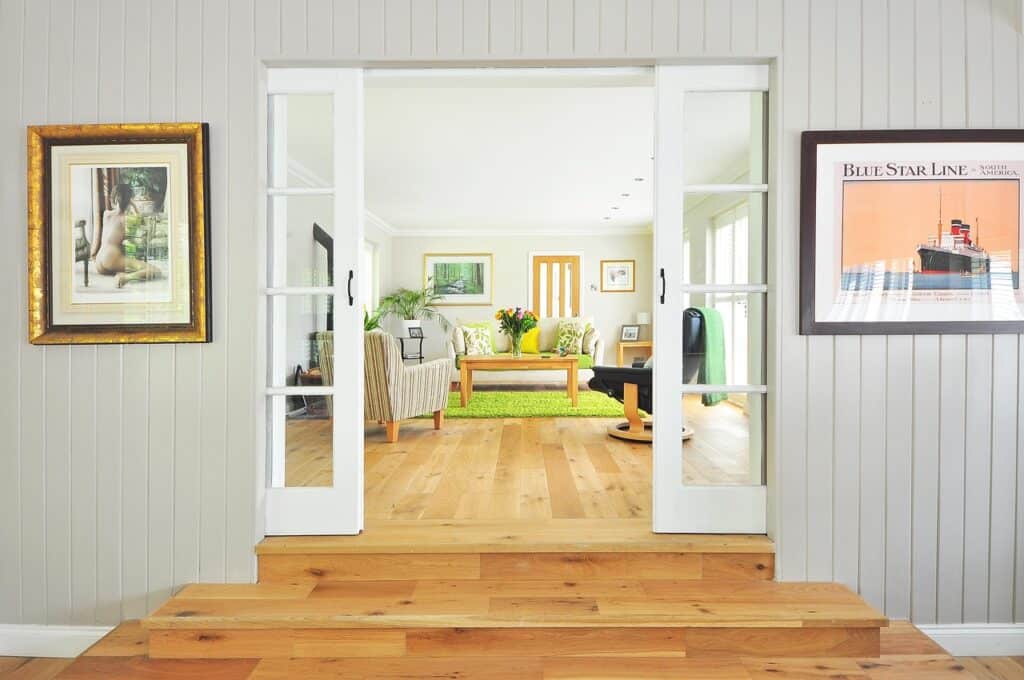
Universal design welcomes all guests equally. Step-free access, tactile indicators, and wider doorways improve usability for everyone. Hotels embracing full accessibility see loyalty rise by 19%. Adaptive bathrooms, adjustable counters, and intuitive layouts reflect empathy rather than obligation. Inclusive environments boost confidence, ensuring every traveler regardless of ability; feels valued, respected, and completely at ease.
12. Personalized Spatial Layouts
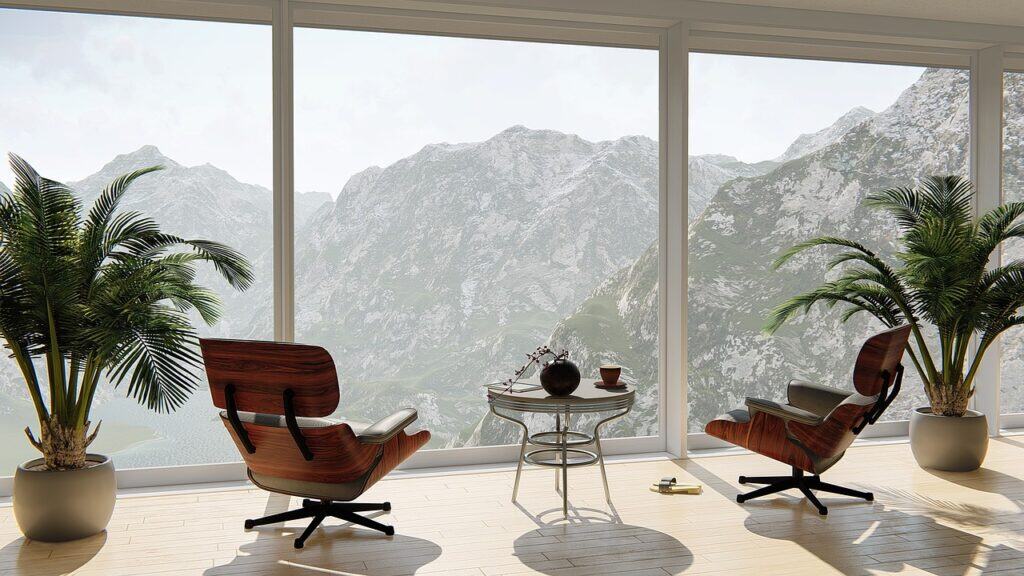
Customization defines the future of hospitality. Surveys reveal that 73% of travelers prefer adaptable spaces that reflect their routines. Modular furniture, movable dividers, and adjustable lighting zones let guests tailor rooms to their liking. Such flexibility increases comfort satisfaction by 20%. Personalized environments foster a deeper sense of ownership, turning short stays into experiences that feel uniquely individual.